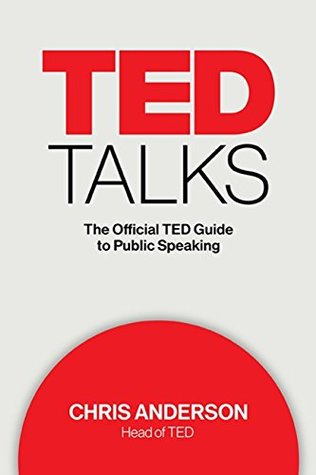More on this book
Community
Kindle Notes & Highlights
Read between
March 20 - April 17, 2019
Your goal is to end up with a talk whose structure is second nature to you so that you can concentrate on meaning what you say.
I strongly encourage you to script and memorize the opening minute and the closing lines.
Now try reading your script, applying a change in tone for each mark.
Try to remember all the emotions associated with each passage of your talk.
You want them to understand you, yes, but you also want them to feel your passion. And the way you do that is not by telling them to be passionate about this topic, it’s by showing your own passion.
For more great examples of the right use of voice, check out talks by Kelly McGonigal, Jon Ronson, Amy Cuddy, Hans Rosling, and the incomparable Sir Ken Robinson.
When you’re introducing key ideas or explaining something that’s complex, slow down, and don’t be afraid to insert pauses.
Constant pacing can be tiring to watch. Pacing punctuated by stillness can be powerful.
Don’t try to be someone else. Focus on your content and your passion for it … and don’t be afraid to let your own personality shine through.
If you have something you can powerfully, legitimately use, this can be a great way to make sure your talk is never forgotten.
Is it really true that knowledge has to become ever more specialized? That the only way we can achieve success is by knowing more and more about less and less?


